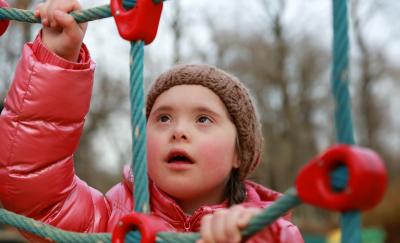Culturally responsive sustaining education ensures that education is not only accessible but also relevant and meaningful for all students. Abt partners with non-profit organizations, education leaders, education systems, and state and local education agencies to meet the diverse needs of learners, particularly those from underserved communities. We use a strengths-based and equity-centered approach to conduct culturally responsive and rigorous research and evaluation. We collaborate with partners on goals and monitor progress to advance systemic fairness. Additionally, we help build capacity so that partners can implement equitable policies, programs, and practices on their own and ultimately contribute to student achievement and success.
Expertise
- Research, Monitoring, Evaluation
- Technical Assistance and Strategic Advising
- Systematic Evidence Reviews and Clearinghouses
- Digital and Data Services for Informed Decision-Making
Clients Include

U.S. Department of Education

National Science Foundation

Philanthropies, nonprofits, foundations, and state and local agencies



















